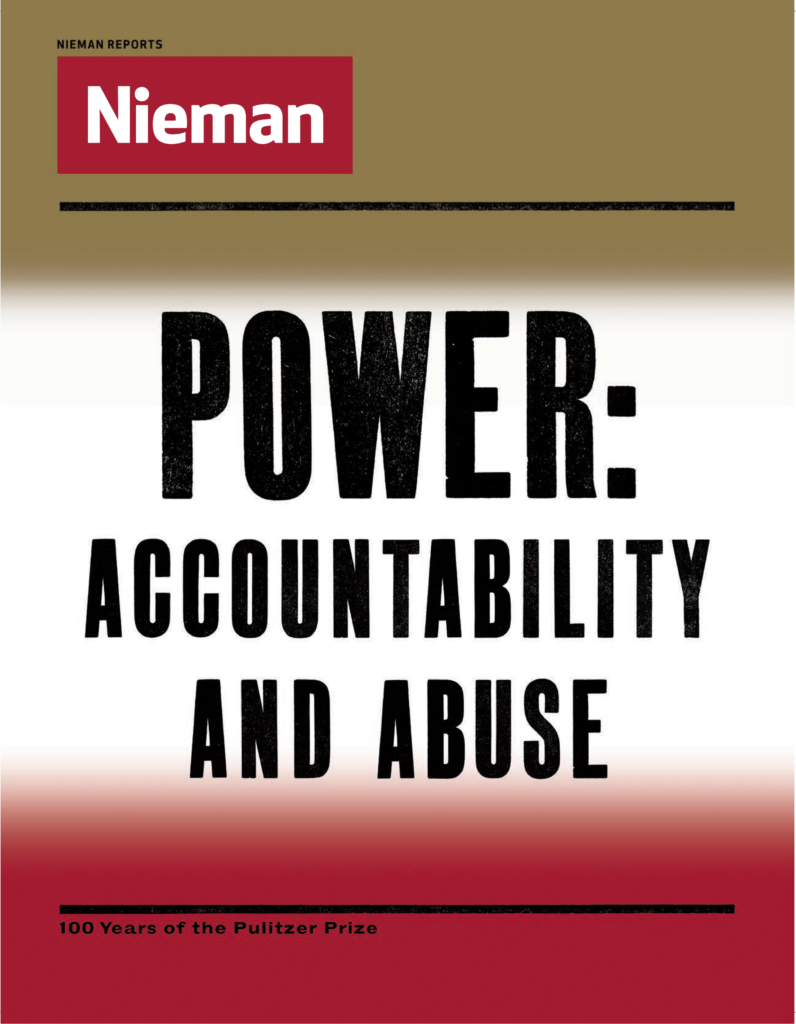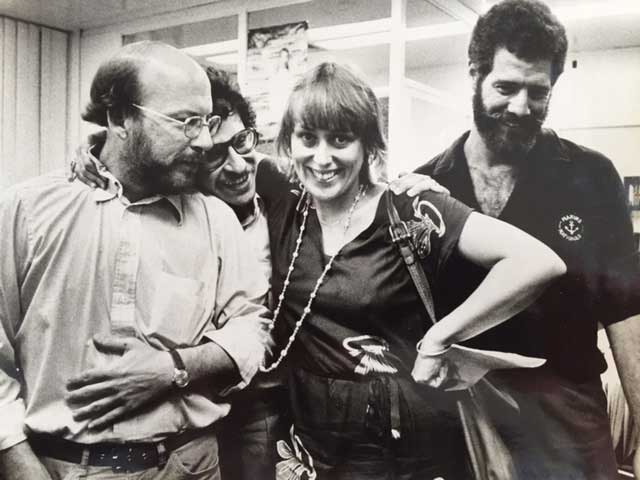
In the 1970s World War I veteran Edward Zepp frequently showed up in Florida newsrooms, trying to interest a reporter in his battle to get his military release status upgraded from “general discharge” to “honorable discharge.” For a story in the Herald’s Sunday magazine, Blais rode the train with the 83-year-old Zepp from Deerfield Beach, Florida to Washington, D.C., where he had a hearing at the Pentagon.
When Ed Zepp was drafted in 1917, he told his draft board he had conscientious objections to fighting overseas. The draft board told him his objections did not count; at the time only Quakers and Mennonites were routinely granted C.O. (conscientious objector) status. “As a Lutheran, I didn’t cut any ice,” he said. Zepp was one of 20,873 men between the ages of 21 and 31 who were classified as C.O.’s but inducted nonetheless. Of those, only 3,999 made formal claims once they were in camp. Zepp’s claim occurred on June 10, 1918, at Fort Merritt, N.J., the day before his battalion was scheduled overseas. Earlier, Zepp had tried to explain his position to a commanding officer, who told him he had a “damn fool belief.” On June 10, Zepp was ordered to pack his barracks bag. When he refused, sergeant—“Sgt. Hitchcock, a real hard-boiled guy, a Regular Army man”—held a gun to his head: “Pack that bag or I’ll shoot.”
“Shoot,” said Zepp, “you son of a bitch.”
Conscientious objection has always been a difficult issue for the military, but perhaps less difficult in 1917 than in recent times. Men who refused to fight were called “slackers” and “cowards.” It was patriotic to despise the Kaiser. It was patriotic to sing: “Over There;” “Oh I Hate To Get Up In The Morning” and “Long Way to Tipperary.” A new recruiting poster pointed out that “Uncle Sam Wants You.” The war’s most important hero was Sgt. York, a conscientious objector who was later decorated for capturing Germans. They made a movie of Sgt. York’s heroics.
They made an example of Pvt. Edward Zepp, a kid from Cleveland.
Zepp was formally released from the Army 60 years and two days ago.
But Zepp has never released the Army.
At his upcoming hearing at the Pentagon, Zepp was after a subtle distinction, two words really, “honorable discharge,” meaningless to anybody but himself. It would be a victory that couldn’t even be shared with the most important person in his life, his wife, Christine, who died in 1977.



